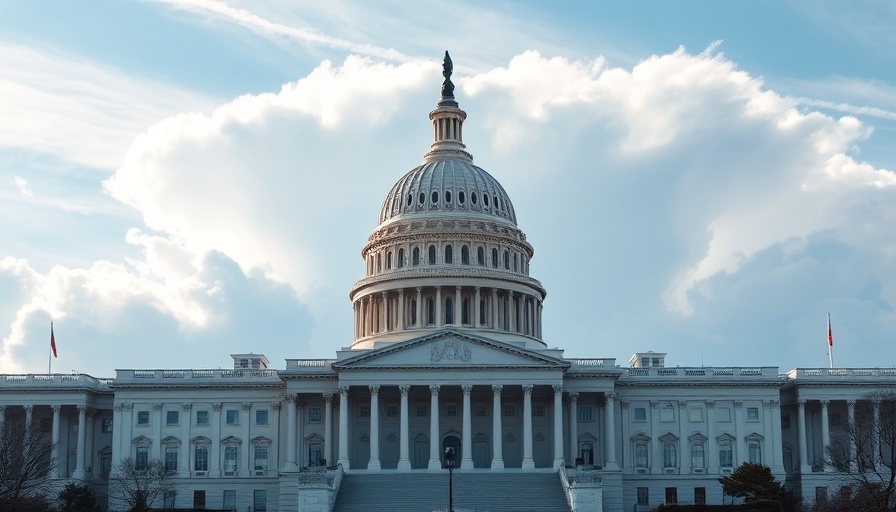
The Long Road Ahead: Understanding the Reconciliation Bill Timeline
The recently signed Republican budget reconciliation bill introduces a significant setback for Medicare coverage, a move that critics argue will disproportionately impact vulnerable communities. While President Trump hastily enacted the legislation, the timeline for implementation is staggered over several years, allowing a window for advocacy and correction.
Immediate Ramifications for Medicare Beneficiaries
Among the immediate effects lies the alarming restriction on Medicare coverage for certain groups. The new rule imposes a limitation on enrollment for lawful immigrants who have contributed to the program unless they hold citizenship, green card status, or hail from specific nations like Cuba and Haiti. Even worse, existing coverage for affected individuals will be terminated within a mere 18 months, creating a looming crisis for those relying on these benefits. Furthermore, this population will struggle with access to Medicaid or Affordable Care Act assistance, effectively leaving them without any safety net.
Long-Term Consequences of Halting Rule Enforcement
The landmark bill also places a freeze on critical Medicaid and Medicare Savings Programs (MSP) regulations. This freeze could severely impact approximately 1.4 million low-income Medicare beneficiaries who would have benefitted from streamlined services designed to ensure they remain eligible for coverage. Without these vital provisions, many may experience decreased Social Security incomes and face escalating costs for necessary medical services and prescription drugs.
Possible Avenues for Advocacy
While the timeline extends many provisions into future years, this delay opens the door for continued activism and lobbying efforts. Advocates and healthcare providers can work collaboratively to raise awareness about these far-reaching impacts, urging lawmakers to reconsider provisions that may harm their constituents. Solidarity and shared narratives from affected individuals can foster a stronger push against these damaging proposals.
Future Trends in Medicare Coverage
Looking ahead, it's crucial to understand how these changes could shape the landscape of Medicare in upcoming years. With each election, provisions set to take effect could be brought into sharper public scrutiny. Voter mobilization and the political will can potentially influence future amendments or rolling back harmful provisions that emerged in this bill. The shifting political tides may allow for wider discourse surrounding Medicare expansion, thus broadening the national conversation about necessary reforms and sustainable healthcare access.
Know Your Insurance Options
In light of these policy changes, it's vital for individuals, particularly seniors, to explore their Medicare options carefully. Understanding the new Medicare Advantage plan comparisons, Medicare Part D coverage options, and Affordable Medicare Part C plans available in Muskegon can provide invaluable insight into navigating health care needs amid these shifts. Resources to compare Medicare drug coverage and identify which plans offer the best value based on individual requirements are crucial now more than ever.
Healthcare Advocacy: The Time is Now
It’s essential to engage actively with the legislative process. Readers are invited to reach out and urge their senators to reject harmful cuts to healthcare. An empowered voter base can fuel reforms that prioritize comprehensive healthcare coverage while cementing protections for the most marginalized. This is not merely a policy issue; it’s a personal one that affects livelihoods.
 Add Row
Add Row  Add
Add 




Write A Comment